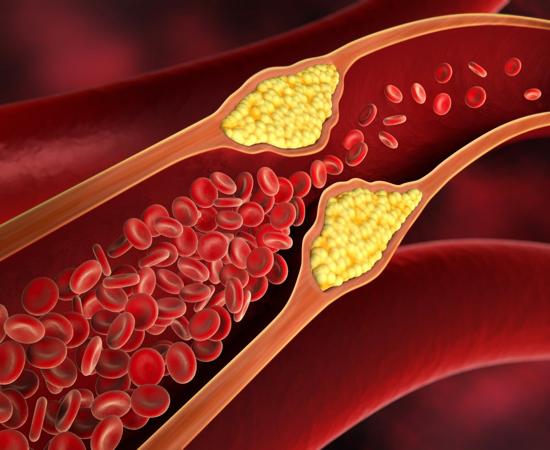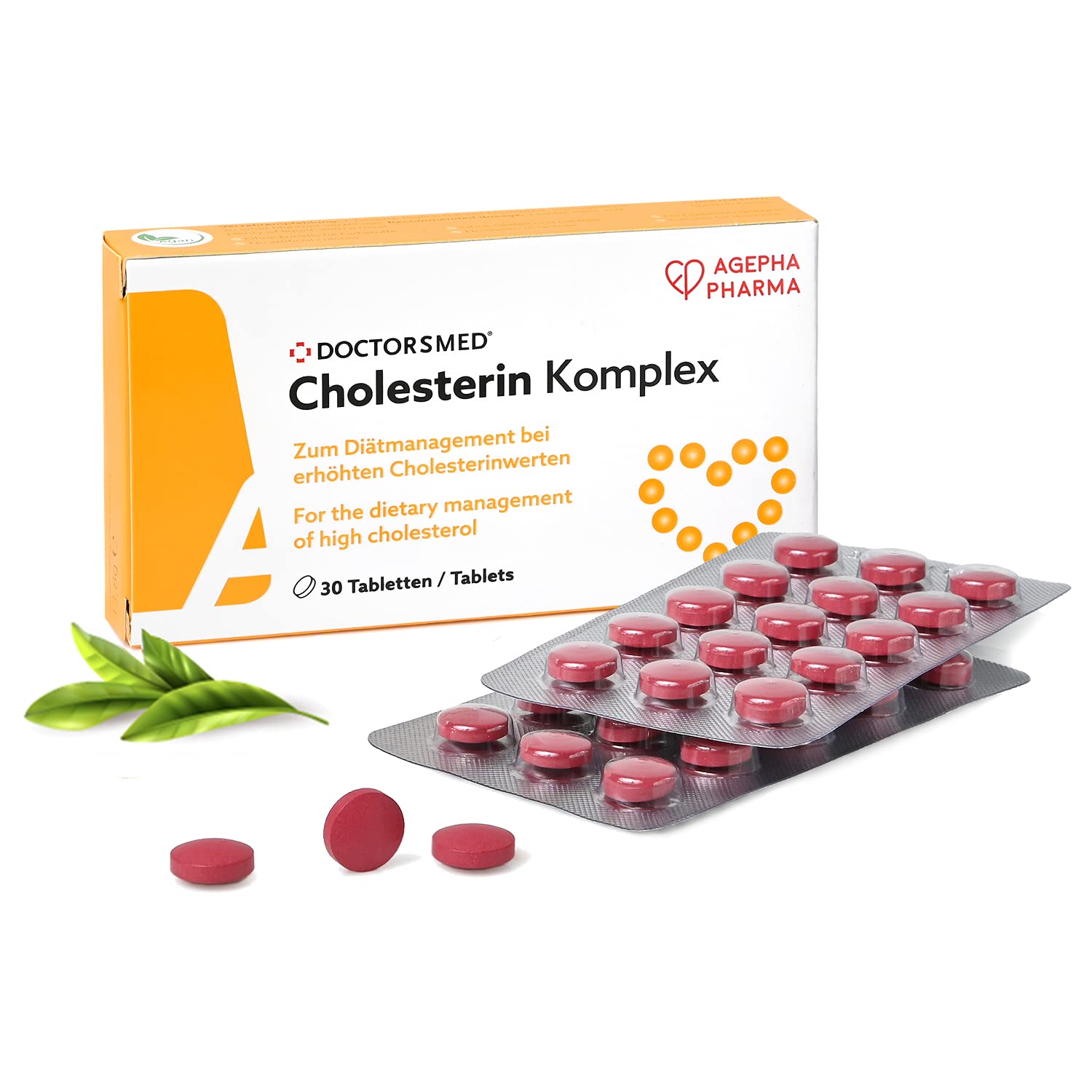Understanding High Cholesterol: Causes, Symptoms, and Treatment
Welcome to our comprehensive guide on high cholesterol, a common health condition that can have serious consequences if left untreated. In this article, we will delve into the causes, symptoms, and treatment options for High Cholesterol, as well as address some frequently asked questions on the topic.
The Benefits of Managing High Cholesterol
Before we explore the intricacies of High Cholesterol, it’s important to understand the benefits of keeping it in check. By maintaining healthy cholesterol levels, you can significantly lower your risk of heart disease, stroke, and other cardiovascular issues. Making simple lifestyle changes can go a long way in improving your overall health and well-being.
High Cholesterol: A Detailed Explanation
High cholesterol, also known as hypercholesterolemia, occurs when there is an excessive amount of cholesterol in the blood. This waxy, fat-like substance is essential for building cell membranes and producing hormones; however, elevated levels can lead to plaque buildup in the arteries, increasing the risk of heart-related complications.
Some common symptoms of high cholesterol include chest pain, heart palpitations, and shortness of breath. It is crucial to get regular check-ups to monitor your cholesterol levels and take proactive measures to prevent further health complications.
Frequently Asked Questions about high cholesterol
1. What are the main causes of high cholesterol?
High Cholesterol can be caused by a variety of factors, including genetics, poor diet, lack of exercise, smoking, and certain medical conditions.
2. What are some foods to avoid if you have high cholesterol?
Foods high in saturated fats, trans fats, and cholesterol should be limited in a high-cholesterol diet. These include red meat, fried foods, processed snacks, and sugary treats.
3. Is there a specific ICD-10 code for high cholesterol?
Yes, the ICD-10 code for High Cholesterol is E78.5. This code is used by healthcare providers to document and track cases of hypercholesterolemia.
4. How can high cholesterol be treated?
high cholesterol can be managed through lifestyle modifications such as a healthy diet, regular exercise, and weight management. In some cases, medication may be prescribed to help lower cholesterol levels.
5. Can high cholesterol be linked to other health conditions?
Yes, high cholesterol is often associated with conditions such as diabetes, high blood pressure, heart disease, and even erectile dysfunction. Managing cholesterol levels is essential for overall health.
Conclusion
In conclusion, high cholesterol is a prevalent health concern that requires attention and proactive management. By understanding the causes, symptoms, and treatment options for High Cholesterol, you can take control of your health and reduce the risk of serious complications. Remember, small lifestyle changes can make a big difference in improving your cholesterol levels and overall well-being.


